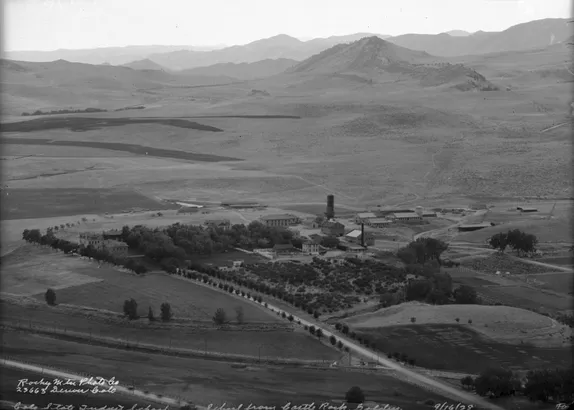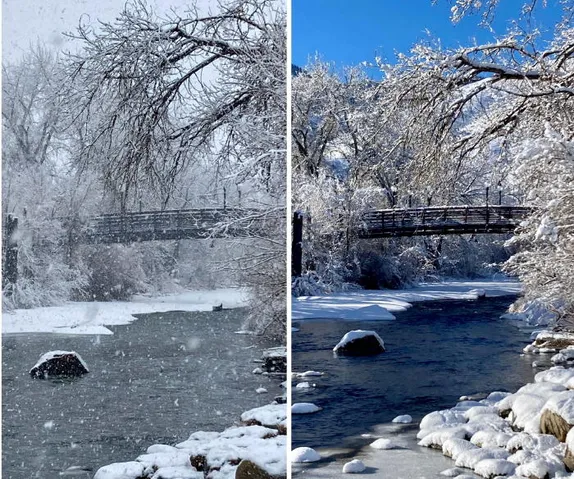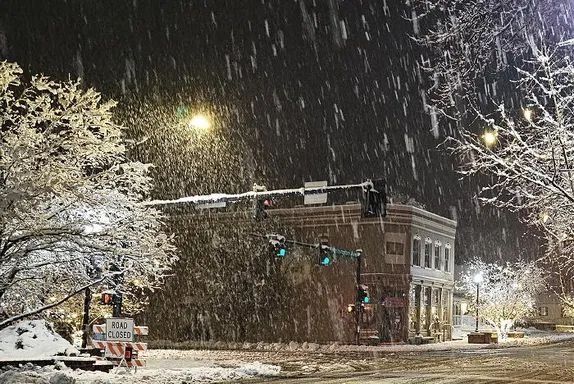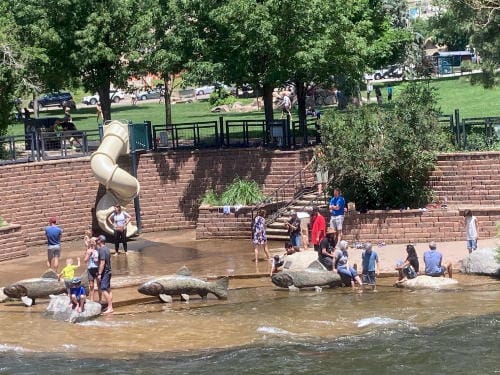
Virtual Events
11AM Cooks + Books with Sticky Fingers Cooking
1PM Color & Composition with Lea McComas
Real World Events
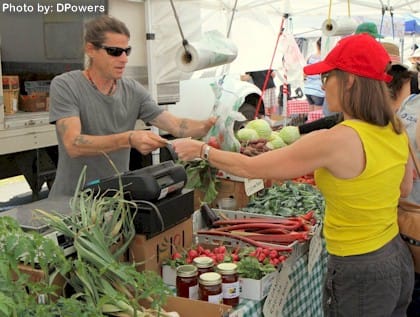
8AM-1PM Golden Farmers Market
10AM How to Prepare for a Paint Out with Janet Nunn @ Foothills Art Center
10AM Saturday Train Rides @ Colorado Railroad Museum
10AM Homestead Open House @ Golden History Park
10AM-3PM Brunch at the Rose
4PM Wild West Walking Tour

Live Music:
11AM Will Whalen @ Buffalo Rose (Sky Bar Stage – outdoor patio)
11PM Juba Juba Band at Dirty Dogs Roadhouse
2PM Mowgli at Golden Mill
4PM Ethan Michael & the Fuzz Heads at Coda Brewing
4PM Parkside @ Wrigley’s
5PM Steve & The Cruisers at Goosetown Station
6PM Live Music on the Patio at Ace Hi Tavern
7PM Jonathan Browning @ Buffalo Rose (Sky Bar Stage – outdoor patio)
8PM Petty Nicks Experience @ Buffalo Rose (main venue)
9PM Karaoke at Ace Hi Tavern
Golden History Moment – Summer Reruns
Golden Mills, Part 1
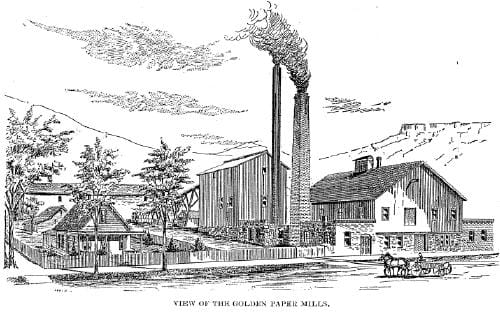
Did you know that Golden had a paper mill for 30 years? The April 10, 1867 edition of the Colorado Transcript announced that “A large paper mill will be erected here at once, and will afford employment to a large number of males and females.
The Golden Paper Mill was erected on 9th Street at the same time two other mills were being built–the Rock Flour Mill and a saw mill. All three were powered by a flume of water diverted from Clear Creek. All were in operation by late 1867 or early 1868.
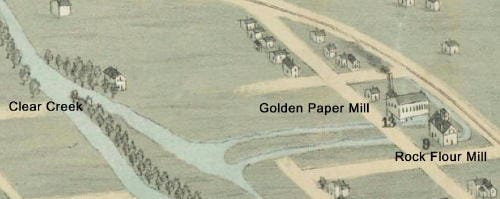
The editor of the Transcript was delighted to have a paper mill in town. He occasionally chided his fellow newspaper owners when they ran short of paper, rejoicing in the fact that Golden had a paper mill, so he was able to get paper when they could not. On the other hand, the Golden Paper Mill seldom produced suitable stock for newspapers. It generally produced wrapping paper. When necessary, early Transcripts were printed on wrapping paper.
In 1869, the Paper Mill was sold to Mr. E. C. Wells, who upgraded the machinery and increased the capacity of the mill. He upgraded again in 1874, but ran into financial difficulties later that year, and the Mill was put up for auction. The country was in a depression at that time. Apparently he retained or recovered it, because he was the owner again and running for the State Senate in 1878. He must have won the election, because later Transcript articles referred to him as Senator Wells.
In 1878, the Mill was severely damaged in a flood, but rebuilt and expanded and was back in operation by the end of the year. It employed 15 men at that time. The machinery was powered by the diverted Clear Creek water, but they also had a large, coal-powered steam boiler to heat their bleaching vat and dry the paper. The boiler consumed about 2 tons of coal per day. The paper was made chiefly of rags and straw, occasionally of rope, with not a lot of wood content.
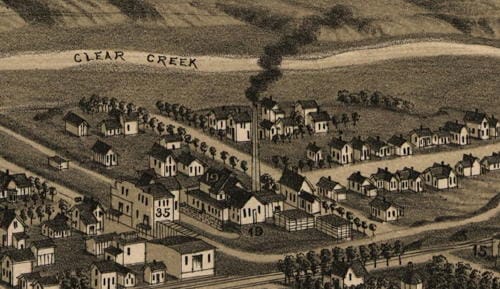
The 1893 Golden Globe Industrial Edition stated that Senator Wells and his business partner were both in poor health and would be glad to find a purchaser. Apparently, none appeared. The country was again in a depression, which may have complicated the prospects for a sale.
In 1896, the Mill was again severely damaged by a flood, but again rebuilt. Later that year, the water in the flume froze, again forcing a shutdown. In the spring of 1898 the Mill was shut down due to low water in Clear Creek (and therefore, in the flume that powered the Mill).
Mr. Wells upgraded his machinery again in the spring of 1900 and afterwards was running two shifts of workers. In November of that year, the mill caught fire and was entirely destroyed. It was valued at $45,000 and only insured for $12,000. It was never rebuilt. The Transcript placed some blame on the superintendent of our water works. The fireplugs were so rusty that the firemen had trouble opening them, and the rust in the lines was so thick they had very low water pressure.
In 1901, an eastern company bought the property, intending to build a “concentrator” (smelter) there. Apparently (fortunately) the plan didn’t go through and the property was for sale again not long after. Mr. Wells died in Golden in 1914. In addition to his 30 years ownership of the Golden Paper Mill, he served two terms in the state legislature, several terms on Golden City Council, and one term on the Board of Trustees for the School of Mines. He is buried in the Golden Cemetery.
Thanks to the Golden History Museum for providing the online cache of historic Transcripts, and many thanks to the Golden Transcript for documenting our history since 1866!


